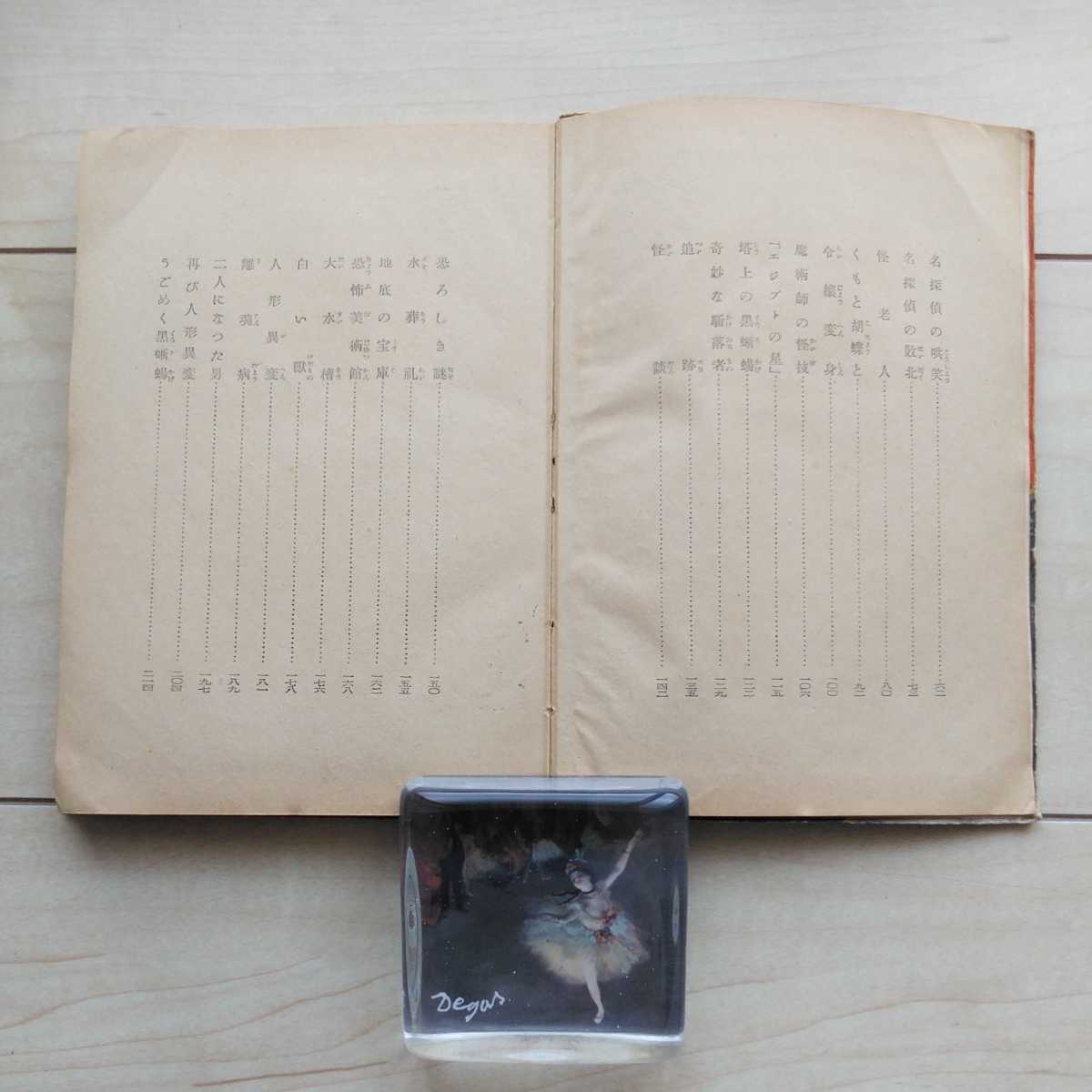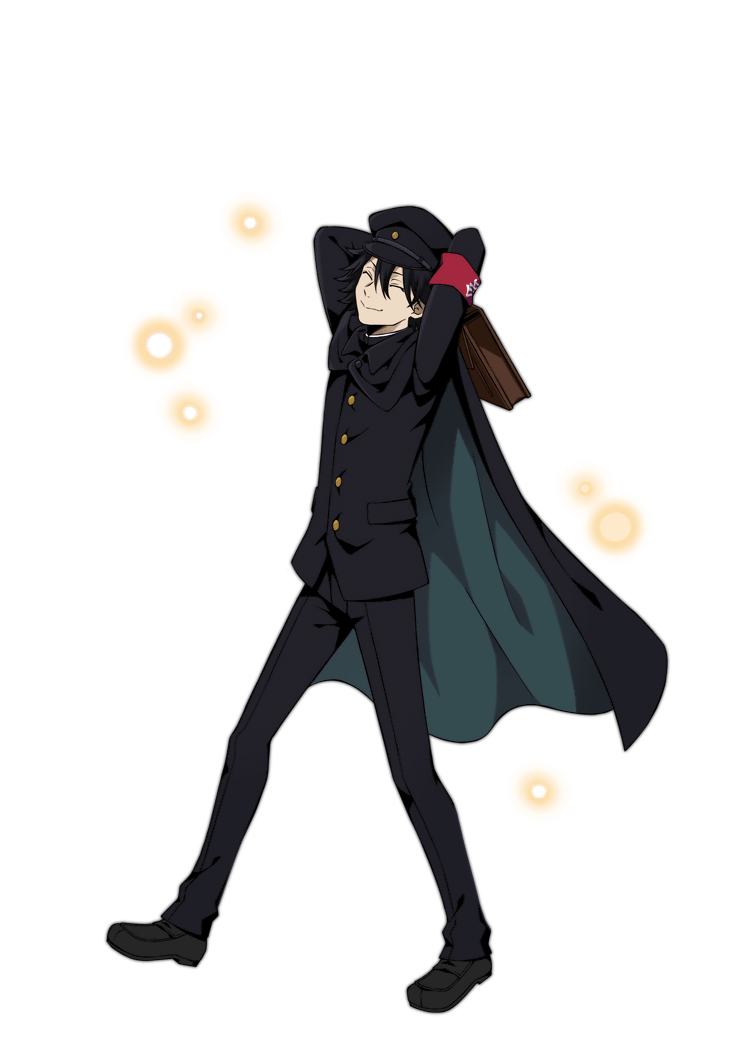
Two mystery writers each got part of Akechi Kogorō's name, and the third character is a lady who became friends with the mystery writers. In this story, there are only three characters. He re-debut in the summer of 1928 with Beast in the Shadow which has drawn rave reviews from critiques and readers. This can be seen as the turn where Ranpo decided to put Kogorō as the main character of The Detective Boys series, a series towards teenager audience.īeast in the Shadow was written after Ranpo decided to quit writing in 1927. In this story, we can't find the odd and twisting writing that Ranpo usually has, the approach of the story is very positive. Different from previous work where Kogorō mainly focused on solving mysteries by observing and elementary, here in The Black Lizard he became a master in action, chasing his opponent in the fast-paced story. The Black Lizard features detective Akechi Kogorõ. This book contains the two novellas of Ranpo's.


The Black Lizard and Beast in the Shadows But during and after the Second World War, he started to shift his audiences to a younger age range, created teenage detective stories, which gained fame for his character, Akechi Kogorō, and made him an even more notable writer. Peculiar storytelling, brutal and eroticism often have places in his work during his most active period.

After his initial attempt for traditional "whodunit" novels, he started to show his personality in his works. But one other reason may be because, at his time, most writings are published in the newspaper, so it's harder to publish longer works, since newspaper serials will break the continuity of novels, and it's also not profitable.

Besides Poe, Ranpo was also influenced by Sir Arthur Conan Doyle, he created The Boy Detective Club as helpers to his iconic detective Akechi Kogorō, paying tribute to Baker Street Irregulars in the Sherlock Holmes series.Įdogawa Ranpo started as a short story writer because he believed that short stories are the epic format of mysteries. Deeply influenced by western mystery stories, Tarō Hirai took the romaji version of the name, Edgar Allan Poe, as his pseudonym, and built his legacy with the name Edogawa Ranpo.


 0 kommentar(er)
0 kommentar(er)
